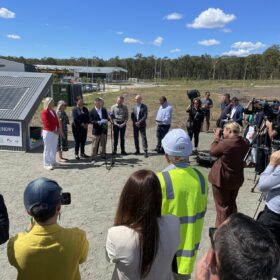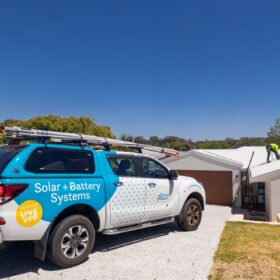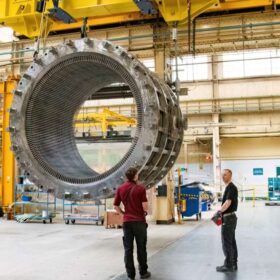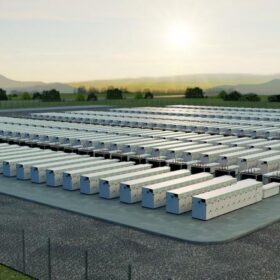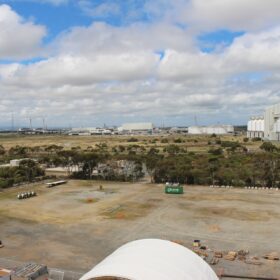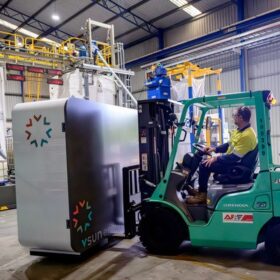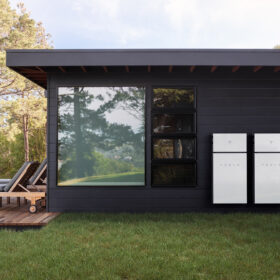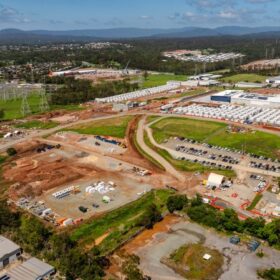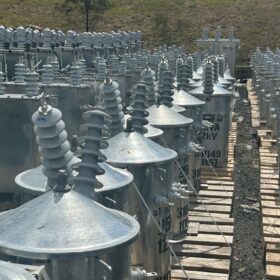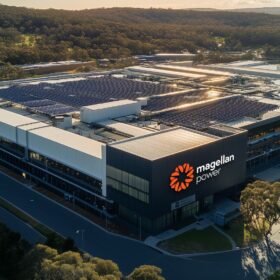Modo Energy raises $50 million and sets out AI ambitions
Venture capital firm Molten Ventures leads investment in global battery energy storage benchmarking business Modo Energy. Founded in the United Kingdom in 2019, Modo Energy has expanded to cover continental European markets, Australia and the United States.
Rooftop solar install rates reach 2025 high
The latest monthly update from market analyst SunWiz shows 279 MW of new rooftop solar capacity was registered across Australia in November 2025, up 28 MW on the 251 MW that was installed during the previous month.
Sunman to build 500 MW solar panel manufacturing plant in NSW
Chinese manufacturer Sunman is to build a 500 MW per annum solar module production facility in the New South Wales Hunter Valley after securing funding support from both the state and federal governments.
Plico eyes national rooftop solar and storage rollout with CEFC support
Western Australian clean energy tech provider Plico will target all states and territories with its combined rooftop solar, home batteries and virtual power plant offering after securing up to $35 million in federal government funding.
Synchronous condensers to play key role in system security says AEMO
The Australian Energy Market Operator says “timely investments” are essential to unlock the full value of renewables and reduce reliance on coal generators for system security as the nation’s clean energy transition continues.
Global grid-scale BESS deployment up 38% year-on-year through October
Global grid-scale battery energy storage system deployments have hit 156 GWh year-to-date. More than 153 GWh is still slated for commissioning in 2025, though delays and cancellations are likely to trim that total by year-end.
NEM dispatchable capacity CIS Tender 8 opens, targets 16 GWh
Undertaking a fast tracked, single stage application process the Capacity Investment Scheme Tender 8 – NEM Dispatchable Capacity has opened for registrations and is targeting 4 GW of 4-hour equivalent.
Tindo’s road ahead paved with funds, challenges and future-proofed growth
pv magazine spoke with Australian solar panel manufacturer Tindo Chief Executive Officer Richard Petterson about the company’s future expansion on the back of Solar Sunshot funding, and how it plans to tackle current market and manufacturing challenges to stay on course for future growth.
Engie breaks ground on South Australian battery
French-owned energy group Engie has commenced construction of a new large-scale battery that is says will deliver more capacity and flexibility to the South Australian electricity grid.
WA plans 10-hour flow battery install to boost power reliability
The Western Australia government is looking to deploy a vanadium flow battery energy storage system with up to 10 hours of discharge capacity to help improve regional power reliability in the state’s Goldfields region.


